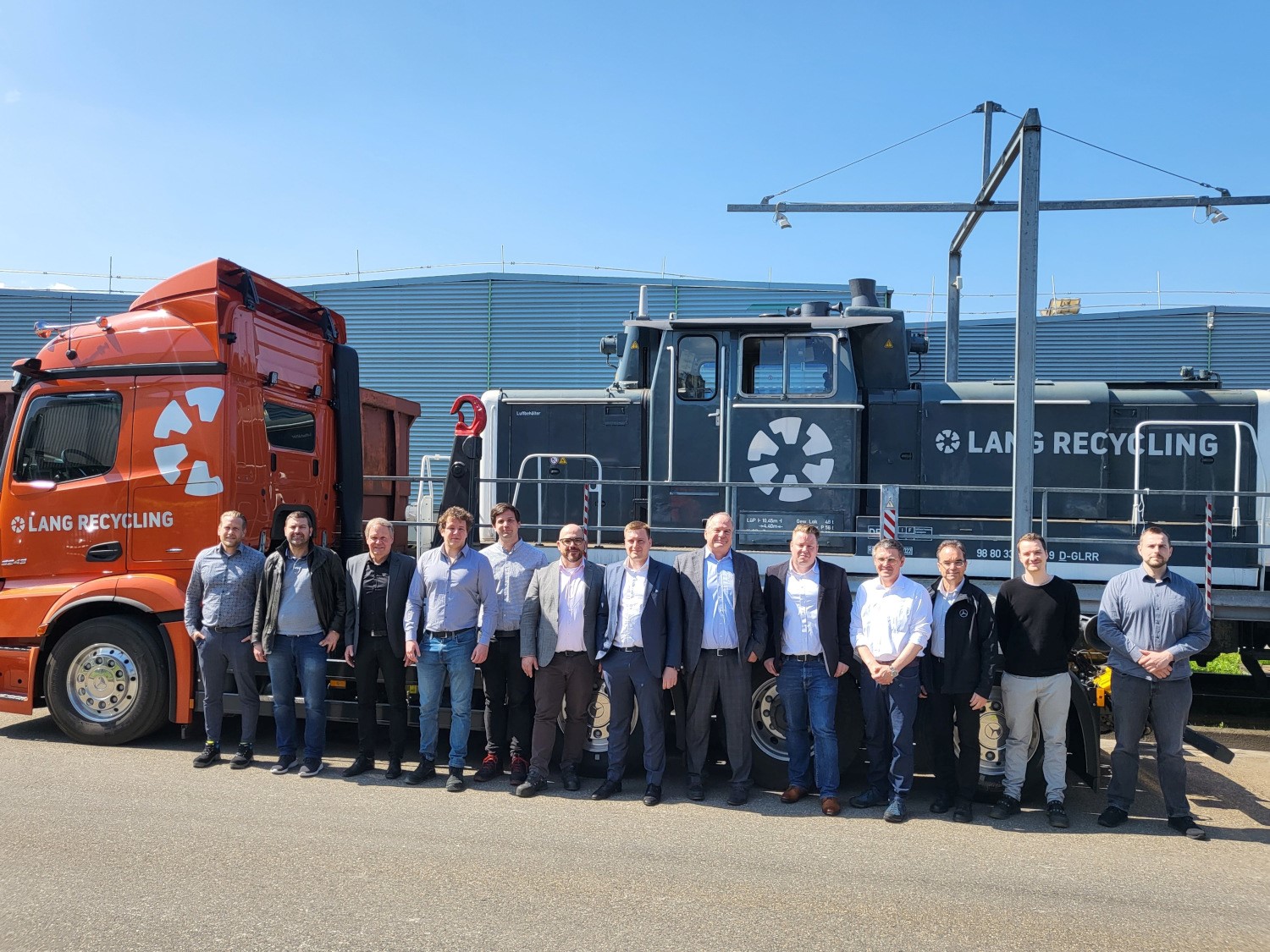

A coalition of industry stakeholders, which includes TOMRA and Gerhard Lang Recycling GmbH, has united to establish the "KANAL research initiative." Over the next three years, they aim to demonstrate the circular nature of aluminium by recycling functional new scrap from automobile production using LIPS technology.

The automotive industry generates significant quantities of aluminium production scrap, typically collected, processed, and reused, albeit often resulting in lower-quality, less pure recyclable materials. In the KANAL research project, with a substantial €3.9 million in funding, a collaborative effort involving TOMRA, Gerhard Lang Recycling GmbH, the Pforzheim University of Applied Sciences, Germany, and the Jeanvré engineering firm aims to demonstrate the effective sorting and recycling of aluminium production scrap using laser-induced plasma spectroscopy. The ultimate goal is to produce high-quality secondary aluminium, with processing capacities of up to 5 tonnes per hour as the target. Notably, Novelis, the world's largest aluminium recycler and a leading manufacturer of rolled aluminium products, is providing support for this project.
Frank van de Winkel, the Market Strategy Segment Manager - Metal at TOMRA, said, "Aluminum is a stable, strong, yet lightweight and durable material that forms the building block of many industries. It is, therefore, not surprising that the demand for aluminium, especially in its recycled form, is continuously increasing. At the forefront is the automotive industry, increasingly using recycled materials to produce new cars to meet legal requirements."
The growing emphasis on increasing the use of recycled materials in automobile manufacturing, as well as various other industries, has underscored the crucial importance of separating aluminium scrap based on alloy classifications. These alloys are composed of aluminium with added elements like magnesium, zinc, copper, and silicon to impart specific properties to the aluminium. The automotive sector has an exceptionally high demand for alloy classes 5000 and 6000. However, the collection of production scrap often results in a mixture of these alloys, which poses a significant obstacle to achieving high-quality recycling.
In light of stringent quality standards, the necessity to incorporate more recycled materials, and the industry's commitment to reducing carbon emissions, automobile manufacturers are actively working towards maximizing the utilization of aluminium scrap. To accomplish this, these mixed aluminium production scraps must be sorted according to their alloy type. This calls for exploring and implementing innovative solutions, a challenge that a consortium is currently investigating and testing.
Van de Winkel added, "In the KANAL project, we focus on the detection, separation and subsequent reuse of aluminium-magnesium alloys and aluminium-magnesium-silicon alloys and thus the 5000 and 6000 classes. We are pleased that we are using TOMRA's dynamic LIPS technology to help show, together with partners from the entire value chain, that a circular economy for production scrap from the automotive industry is possible."
The project is being executed at Gerhard Lang Recycling in Gaggenau, within an aluminium processing plant, following industrial standards and utilizing a LIPS sorting machine.
In light of aluminium recycling being one of the most immense driving forces in the industry, AL Circle's exclusive industry focus, "World Recycled Aluminium Market Analysis - Industry Forecast to 2026", will provide in-depth knowledge about the industry's journey and performance.



Responses






